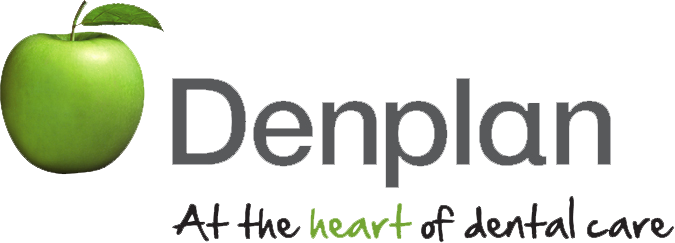Our dental hygienists work alongside dentists to provide specialist advice and support about achieving and maintaining excellent oral health.
During a dental hygiene appointment, patients can have their teeth and mouth deeply but gently cleaned, removing stains and bacteria from every surface, including hard-to-reach areas.
The hygienist will also demonstrate the most effective ways to look after your teeth and mouth at home, focusing on prevention to ensure the best dental health. As part of a patient’s treatment plan, it is sometimes the case that they will require a series of appointments with one of our dental hygienists before more complex work is carried out.
In this way, the team can ensure that your mouth is as healthy as possible before any restorative or cosmetic dental work, meaning that further treatment is likely to be much more effective.
Often hygienists and our gum disease specialists (periodontists) need to work together to stop, reduce and cure gum infections. Our clinicians will take the time to fully explain their recommendations and treatments to you, giving you a chance to ask any questions you may have so you can make informed decisions and your dental work.
Dental hygiene is the practice of maintaining clean teeth and gums to prevent dental problems such as cavities, gum disease, and bad breath. Good oral hygiene includes regular brushing and flossing, as well as visiting the dentist for professional cleanings and check-ups. A healthy smile begins with excellent dental hygiene, helping you avoid more serious dental issues in the future.
Proper dental hygiene is essential not only for maintaining a healthy smile but also for your overall health. Poor oral hygiene can lead to a variety of problems, including:
Maintaining proper dental hygiene involves a combination of at-home care and professional treatments:
While at-home care is important, professional cleanings and check-ups are essential for maintaining optimal oral health. Some of the treatments provided by our dental hygienists include:
The appointment involves a thorough cleaning of teeth and gums, removal of stains and bacteria, and advice on effective oral care techniques to maintain dental health.
Regular hygiene appointments help prevent gum disease, tooth decay, and other oral health issues, ensuring a healthier mouth and teeth.
It is recommended to see the hygienist regularly, typically every 6-12 months, depending on your oral health needs.
In some cases, you may require a series of hygiene appointments before other treatments like restorative or cosmetic procedures.
Yes, Chiswick Park Dental provides gum disease treatments, including support from periodontists, to stop, reduce, and treat gum infections effectively.
Monday 8.30am – 5:30pm
Tuesday 8.00am – 8.00pm
Wednesday 8.00am – 8.00pm
Thursday 9.00am – 7.00pm
Friday 8.30am – 5.30pm
Saturday – by appointment
Orthodontic Clinic & Hygienist 10.00am – 5.00pm twice each month













